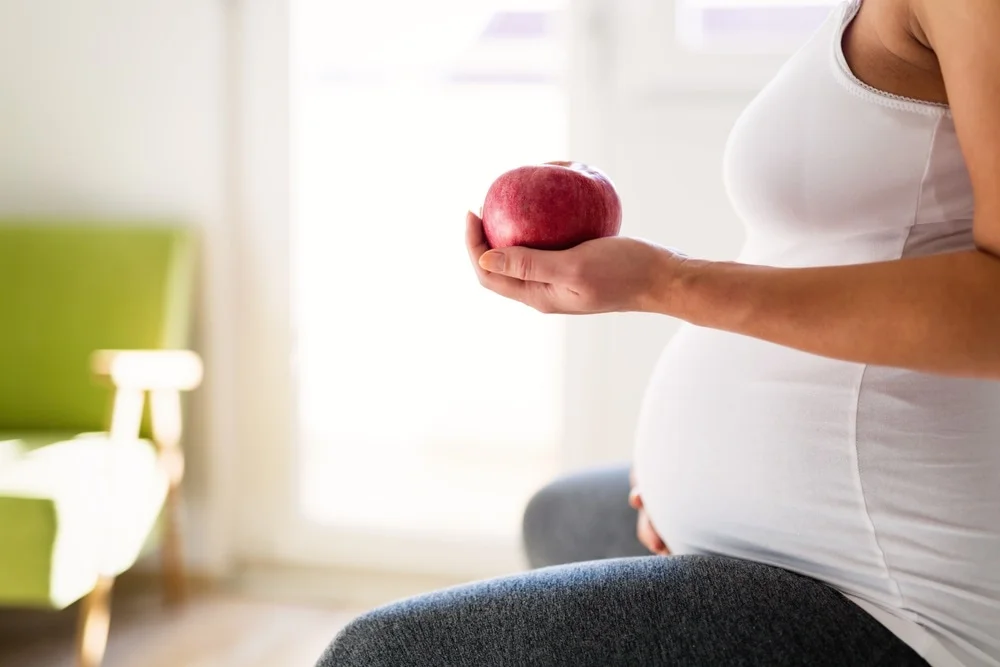
The study
The current study is aimed at exploring the impact of eating disorders on the offspring of affected mothers. It looked at 1.2 million mothers in Sweden who delivered babies between 2003 and 2014. The number of women with eating disorders was about 7600, of whom approximately 2800 had anorexia, 1400 bulimia, and 3400 an unspecified ED.The researchers looked at the risk posed by individual ED as well as the overall risk. They also explored the difference in risk when the mother had an active eating disorder or a history of one.
The risk calculations were carried out for hyperemesis, anemia, preeclampsia, antepartum hemorrhage, clubbed under poor pregnancy outcomes; mode of delivery, whether cesarean, vaginal or instrumental vaginal delivery; and newborn factors, including preterm birth, birth weight for gestational age, Apgar score <7 at 5 minutes (indicating overall newborn health) and microcephaly.
The findings
The study showed that the risk of premature birth, microcephaly, and hyperemesis was higher for women with ED of any type. Any form of ED increased the risk of premature delivery with the highest risk for women with anorexia nervosa (60%), followed by unspecified ED (40%) and bulimia (40%). The risk of very preterm birth was highest in bulimia, at 70%, but all three subtypes had a 70% to 90% increased risk of induced preterm birth for medical reasons rather than spontaneous preterm birth.Microcephaly refers to the presence of a head circumference, which is higher than expected for the term of gestation. The risk was increased by 90% in women with anorexia nervosa and by 60% and 40% in women with bulimia and unspecified ED, respectively.
Hyperemesis is the term used to denote excessive vomiting and nausea in pregnancy, affecting the mother’s health. Hyperemesis was two times higher in women with anorexia and bulimia.
With regard to active anorexia and unspecified eating disorders, women were at twofold risk for anemia overall compared to women without eating disorders.
Women with an active anorexia disorder were at a 60% increased risk for antepartum hemorrhage (bleeding during pregnancy). In most cases, this was caused by a low-lying placenta, abruptio placentae (separation of the placenta before the baby is born), and unspecified bleeding. However, the risk was slightly higher in those with active disease.
Most of the increased risk to the baby was during active disease, but the risk was still higher if a woman had been treated for an eating disorder even as long ago as a year before the current pregnancy start.
Explanations
Many reasons may be given to explain this association. For instance, a nutritional deficiency could limit fetal growth in an eating disorder. Stress levels are high in both anorexia and bulimia, which increases cortisol levels. This hormone has been identified as a high-risk factor for microcephaly.Nutritional deficiency and stress are also linked to premature birth in previous research. Vitamin and mineral deficiencies also increase the risk of premature separation of the placenta, or abruption, which is a major cause of bleeding during pregnancy prior to delivery. For instance, such malnutrition increases the risk of infection and poor placenta development, both of which increase the chances of abruption.
Hyperemesis risk was increased in the group with eating disorders. However, when the researchers made adjustments for anxiety or depression, which are also common during pregnancy, this increased risk was no longer seen. However, other risk outcomes were still increased even after adjusting for the mother’s age or smoking.
Implications
Researcher Angla Mantel says, “Women with eating disorder should be recognized as a high-risk group among pregnant women. From a clinical point of view, this means that care providers need to develop better routines to identify women with active or previous eating disorders and consider extended pregnancy screenings to meet their needs.”
Journal reference:
Mantel, A. et al. (2019). Association of maternal eating disorders with pregnancy and neonatal outcomes. JAMA Psychiatry. doi:10.1001/jamapsychiatry.2019.3664.






No comments
Post a Comment